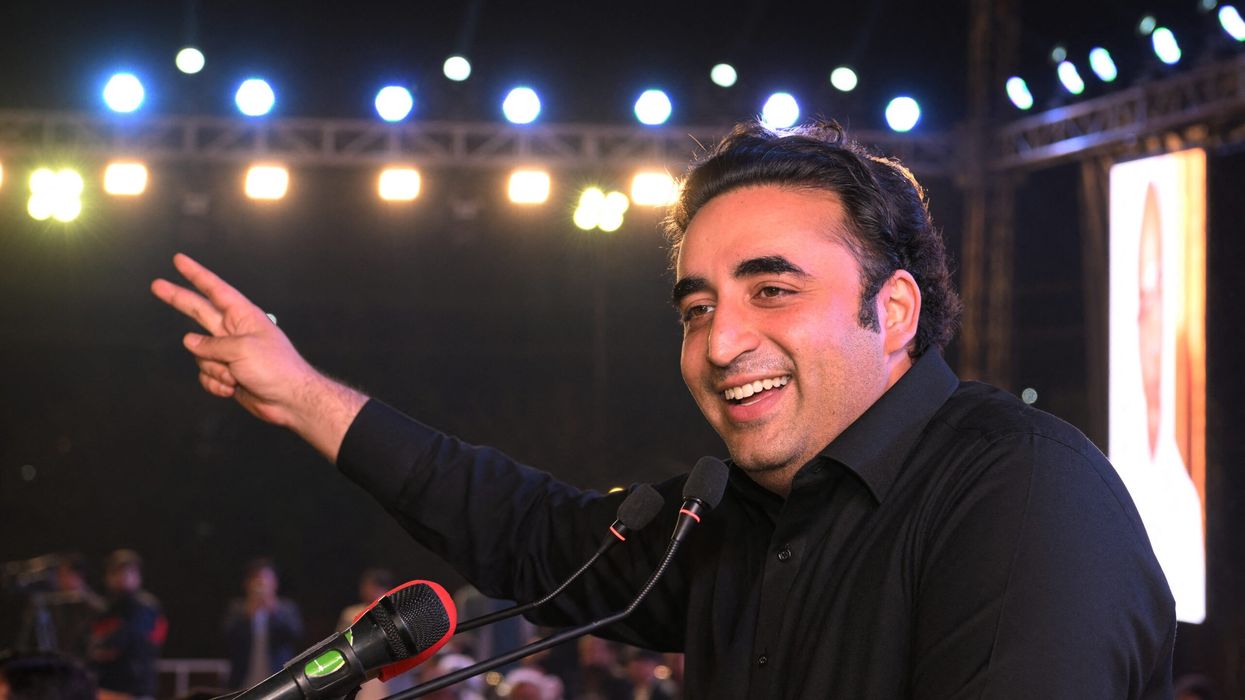PAKISTAN’S general election last Thursday (8) produced a surprise result.
In the 266 seats contested in the National Assembly, independent candidates linked to Imran Khan’s Tehreek-e-Insaf have won 101 seats. They are comfortably ahead of Pakistan Muslim League (Nawaz Sharif), which took 75 seats, and the Pakistan People’s Party of the late Benazir Bhutto, which won 54.
Imran’s party came out on top, even though he was locked up on all manner of contrived charges. His party might have done less well had Imran been free to campaign.
But, in the subcontinent, there has long been sympathy for jailed leaders. This goes back to British times when Mohandas Karamchand (Mahatma) Gandhi, Jawaharlal Nehru and ten of thousands were all locked up, often for many years.
The only one who thought Imran was a great prime minister was Imran – who has never suffered from false modesty. He was brought in and ejected by the army.
The army will not allow independents linked to Imran’s PTI to form a government, so it will probably have to be a coalition between Nawaz Sharif, and Bilawal Bhutto Zardari, of the PPP, a bellicose and belligerent young man who reckons he should be prime minister.
Together, the PML (N) and PPP make up 129, which means smaller parties have to be brought in to get up to 169. Imran claims his party won 170 seats, but the army fiddled with the results.
From prison he sent a message to his supporters: “We have won the 2024 election with a two-thirds majority. Everyone has seen the strength of your vote. Now you must demonstrate the ability to safeguard your vote.”
Army chief, General Asim Munir, defended the election as “free and unhindered”. He added Pakistan’s parties had to show “political maturity and unity” and “move on from the politics of anarchy and polarisation”.
That the PTI won 101 seats suggests the army wasn’t able to fix things. Therefore, the election must have been reasonably free. However, the losers are now set to emerge as the winners, so, ultimately, it is the army that will be the arbiter of who forms the government.




